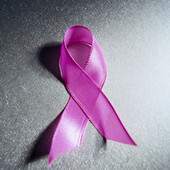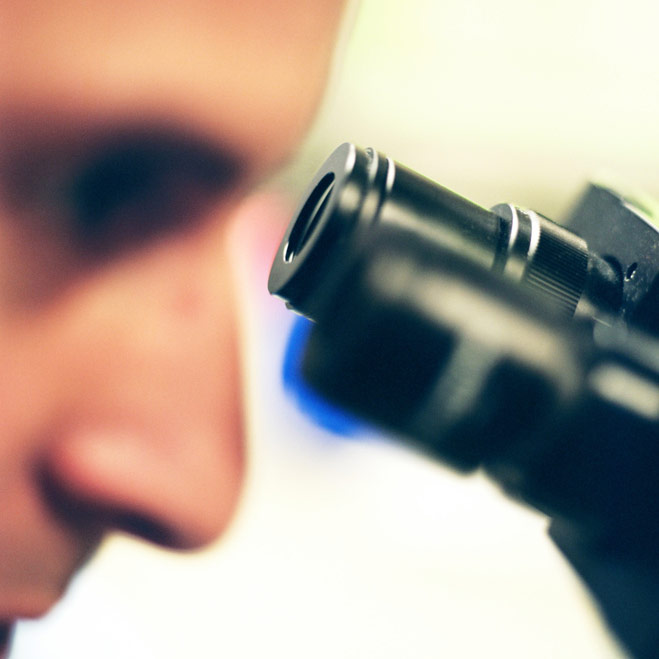
SUNDAY, April 18 (HealthDay News) — Women who take multivitamin tablets along with calcium supplements seem to have a reduced risk of developing breast cancer, new research suggests.
The authors of the study, which is to be presented Sunday at the American Association for Cancer Research annual conference in Washington, D.C., did not separate out which specific vitamins might be beneficial but suggested that the interactions of different vitamins together might account for the beneficial effect.
“The effect was seen with multivitamins, not with single vitamins,” said study co-author Dr. Jaime Matta, a professor of pharmacology, physiology and toxicology at Ponce School of Medicine in Ponce, Puerto Rico. “It’s possible that the vitamins work better together than individually.”
“We found that taking multivitamins and calcium supplements were strongly protective against breast cancer,” said Dr. Manuel Bayona, a professor in the public health program at the Ponce School of Medicine. “Which vitamins exactly? We don’t know because they were multivitamins.”
The findings, however, do seem to contradict previous reports that the supplement forms of various single vitamins including E and C don’t prevent breast cancer in women. Other studies have suggested a protective effect for individual vitamins.
The new study won’t do much to settle that confusion, one expert said. “The results are interesting but it’s a small study,” said Joanne Dorgan, an epidemiologist with Fox Chase Cancer Center in Philadelphia. “At this point in time, most of the big studies don’t support an association.”
For this study, the authors compared vitamin and calcium intakes of 268 women with breast cancer and 457 women without breast cancer, all in Puerto Rico.
They also measured the ability of the women’s DNA to repair itself, a function that is critical to keeping cancer at bay.
“We’ve known that DNA repair capacity is linked to several other types of cancer,” said Matta. “DNA repair capacity is very, very linked to breast cancer risk.”
Here, women who were older, had low DNA repair capacity levels, a family history of breast cancer and who had not breast-fed all had a higher risk of breast cancer.
Taking a multivitamin tablet reduced the risk of tumors by about 30 percent, while calcium supplements reduced the risk by 40 percent, the study authors noted.
But when the DNA repair capacity was taken out of the equation, calcium was no longer protective, strongly suggesting that calcium’s protective effect came only from its influence on DNA repair.
Vitamins, on the other hand, seemed to have a beneficial effect even beyond contributions to DNA repair, the researchers said.
One drawback of the study is that the authors did not measure women’s actual vitamin levels, instead relying on responses to questionnaires. Participants most likely bought widely available brands at chain drug stores. “People here usually don’t have access to very sophisticated health food stores or specialty vitamin stores,” noted Matta.
The study authors are now looking at ways to use DNA repair capacity function as a marker for breast cancer risk, much like cholesterol is used as a marker for heart disease.
“We’re developing new technology that would make measuring DNA repair capacity more inexpensive, faster and easier to do,” Matta said.
Still, another expert said the new study was less than convincing.
“The totality of the evidence to date does not support taking vitamins and calcium for breast cancer prevention,” said Marji McCullough, strategic director of nutritional epidemiology for the American Cancer Society. “There are other reasons women may wish to take calcium, for example for bone health.”
More information
Figure out your breast cancer risk with the help of the U.S. National Cancer Institute.

